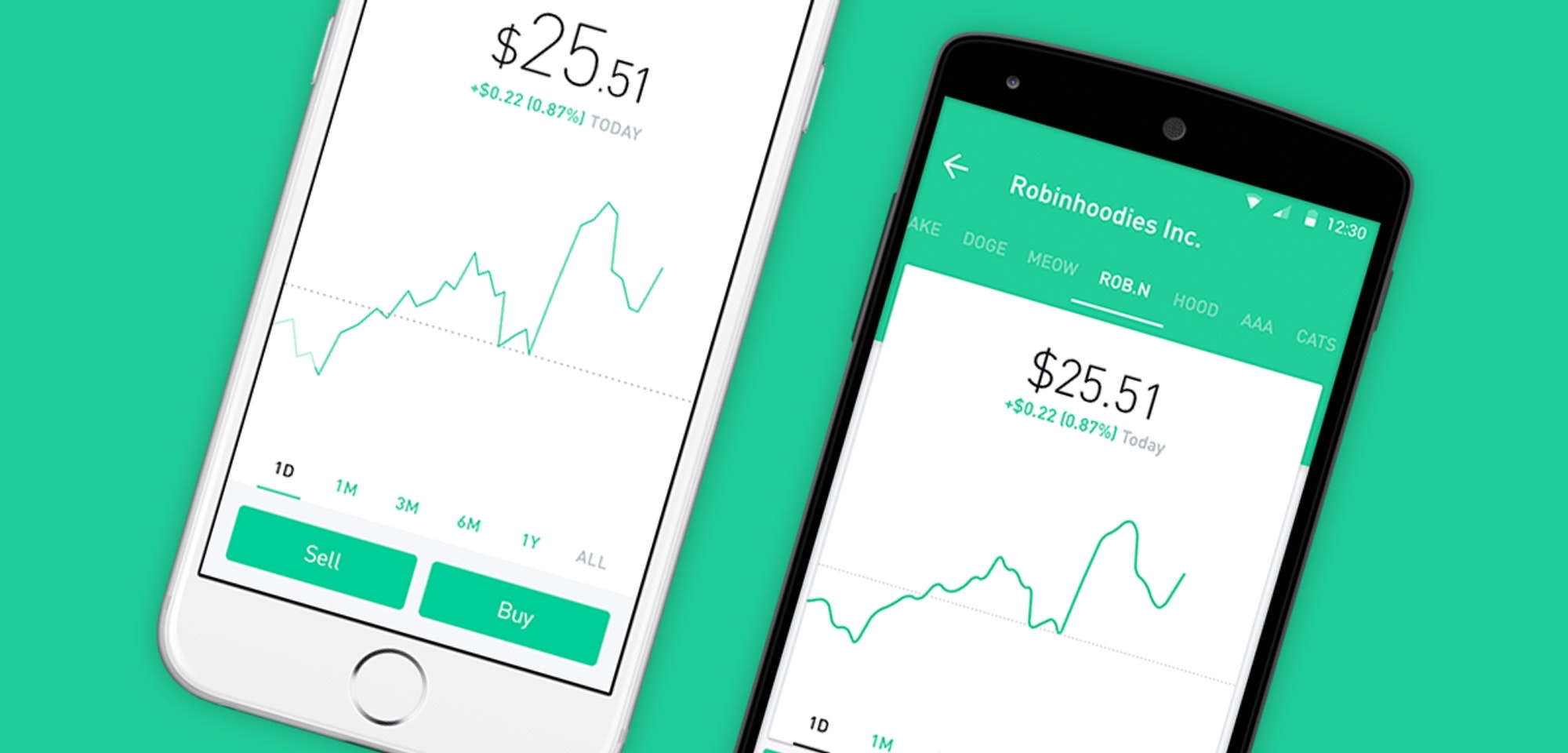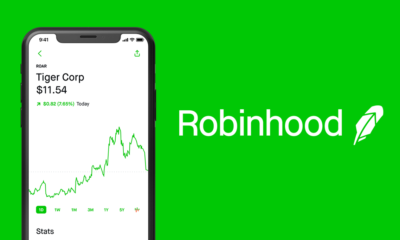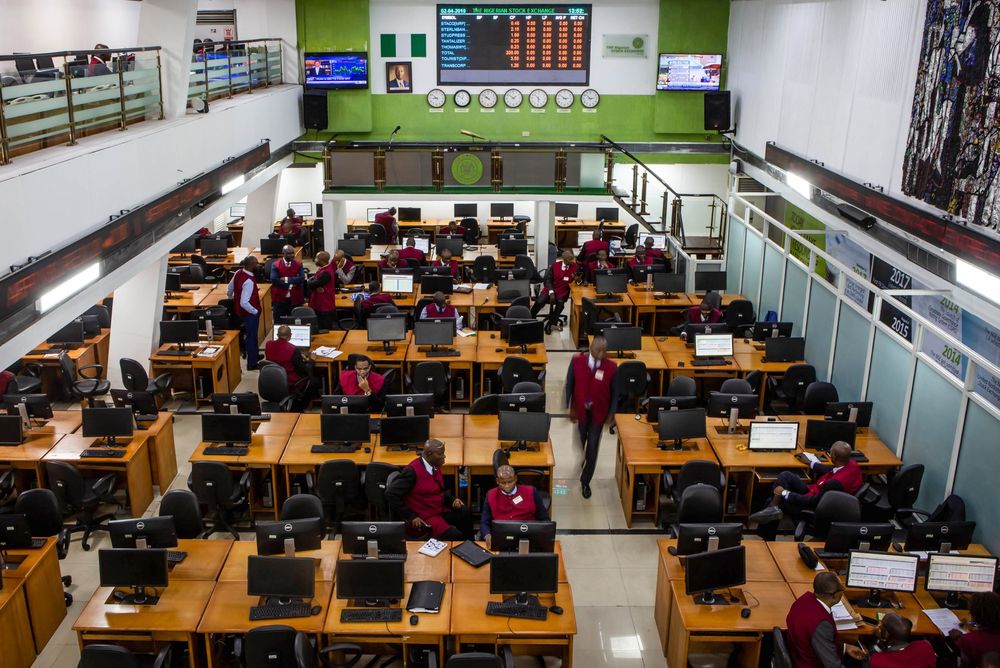Stock Market
Robinhood Falls in Trading Debut Closes 8.4% Lower at $34.82 Per Share

Nigerian Exchange Limited
Nigerian Exchange Continues Bearish Trend, Investors Lose N673bn
Nigerian Exchange Limited
Nigerian Stocks Open Week with 0.17% Gain, Banking Sector Leads Market Rally
Nigerian Exchange Limited
Nigeria’s Market Falls 1.09% Amid Decline in Key Sectors
-



 Forex3 weeks ago
Forex3 weeks agoZiG to the Rescue: Zimbabwe Shifts Gear with New Currency Backed by Gold
-





 Naira2 weeks ago
Naira2 weeks agoDollar to Naira Black Market Today, April 9th, 2024
-

 Billionaire Watch2 weeks ago
Billionaire Watch2 weeks agoNigerian Billionaire Tony Elumelu Contemplates Acquiring NPFL Club
-





 Naira3 weeks ago
Naira3 weeks agoDollar to Naira Black Market Today, April 8th, 2024
-





 Naira2 weeks ago
Naira2 weeks agoNaira Hits Eight-Month High at 1,120/$ Amidst Central Bank Reforms
-





 Naira1 week ago
Naira1 week agoDollar to Naira Black Market Today, April 17th, 2024
-





 Naira4 weeks ago
Naira4 weeks agoNigerian Naira Surges to N1,350 per Dollar in Parallel Market
-





 Naira4 weeks ago
Naira4 weeks agoDollar to Naira Black Market Today, April 1st, 2024











